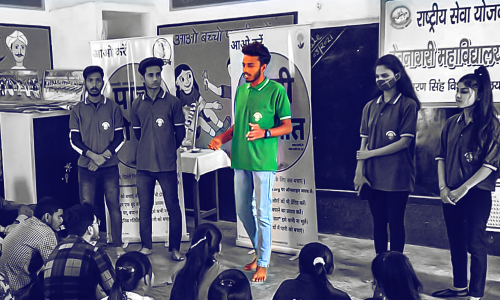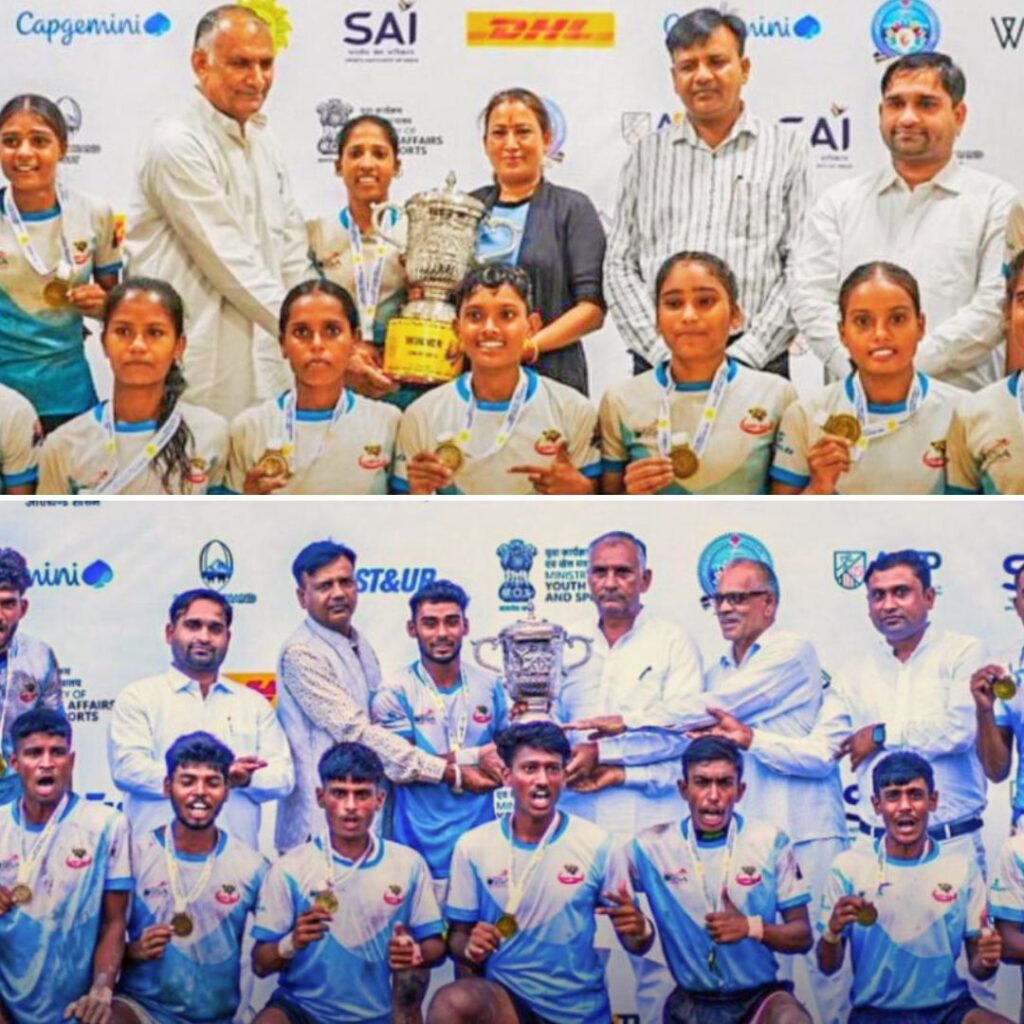If we want to change the world, we have to start with our own selves. This is the mantra with which I started initiating efforts to conserve water in my city—Meerut in Uttar Pradesh.
I was studying in 9th standard and had been observing students of my school – both seniors and juniors – wasting water while filling their bottles or washing their hands during recess. On several occasions, I asked them to be careful of their actions and to keep a check on the wastage. I was, however, threatened and brushed aside by many who said that if it bothered me, perhaps I should stand near the tap and shut it.
This was the moment when I decided that awareness regarding water scarcity had to be inculcated at the school level. Although I started visiting classes to engage students on the misuse of water, it was a rough start. Alone. So I formed a group called the ‘Environment Club’ with some of my friends and classmates.
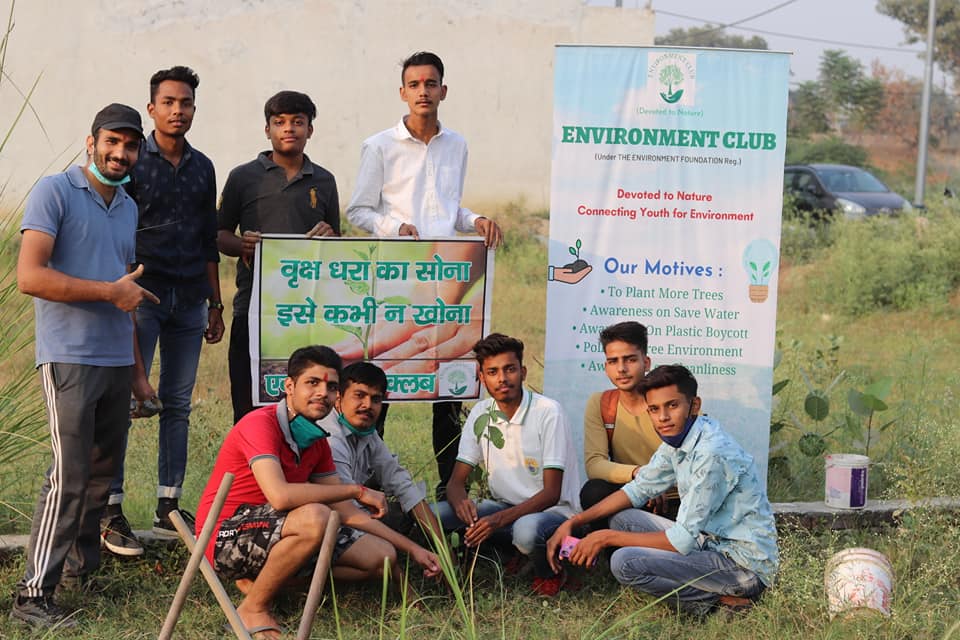
Over the next four years in school, our group along with the support of the teachers and the principal commenced actions and conducted several programs targeted at educating the students on ways to conserve water at an individual level and making them aware of the difficulties one would face if the resources continued to deplete at an alarming rate.
Once we started with water conservation, a host of other environmental issues came to our notice such as unsustainable lifestyle, plastic pollution and impacts of climate change. Therefore, a number of plantation drives were organised to encourage interest and participation from the students. Also, campaigns and skit to educate on curbing the use of crackers during Diwali and plastic in day-to-day activities were arranged.
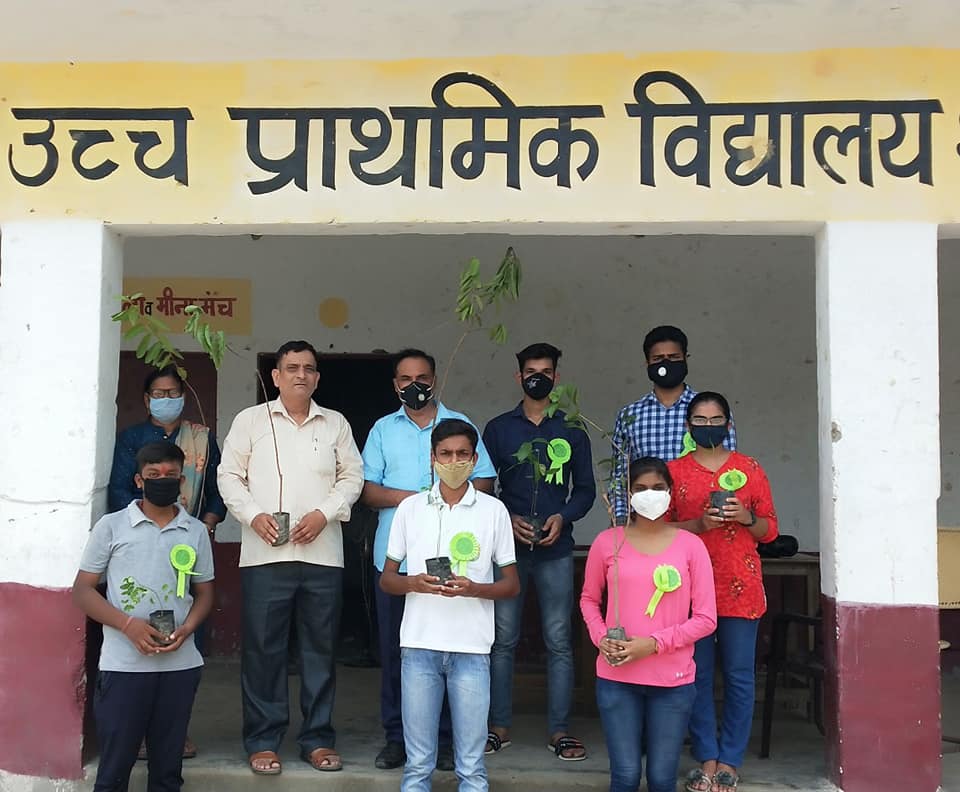
After high school, we decided to expand the outreach and engage the community. From enabling locals to identify the detrimental practices to offering eco-friendly alternatives, it was important to mobilise locals not only to save every drop of water but also to inspire others.
We were criticised and ridiculed by many; we were called ‘crazy’ for running such programs and at times were asked to focus on studies, build a career not waste parent’s hard-earned money. It was difficult to not let the comments get to us but our resolution always came to the rescue. The club members always tried to balance studies with environmental activism.
Arranging funds for buying saplings has been difficult. We decided to save and pool our pocket money to fund the initiatives and it has remained the same for the past six years. We were entirely engrossed— right from reading about the issues, studying the viable alternatives, connecting with the right people and preparing the presentations to hold meetings in the absence of an older and knowledgeable person to guide us.
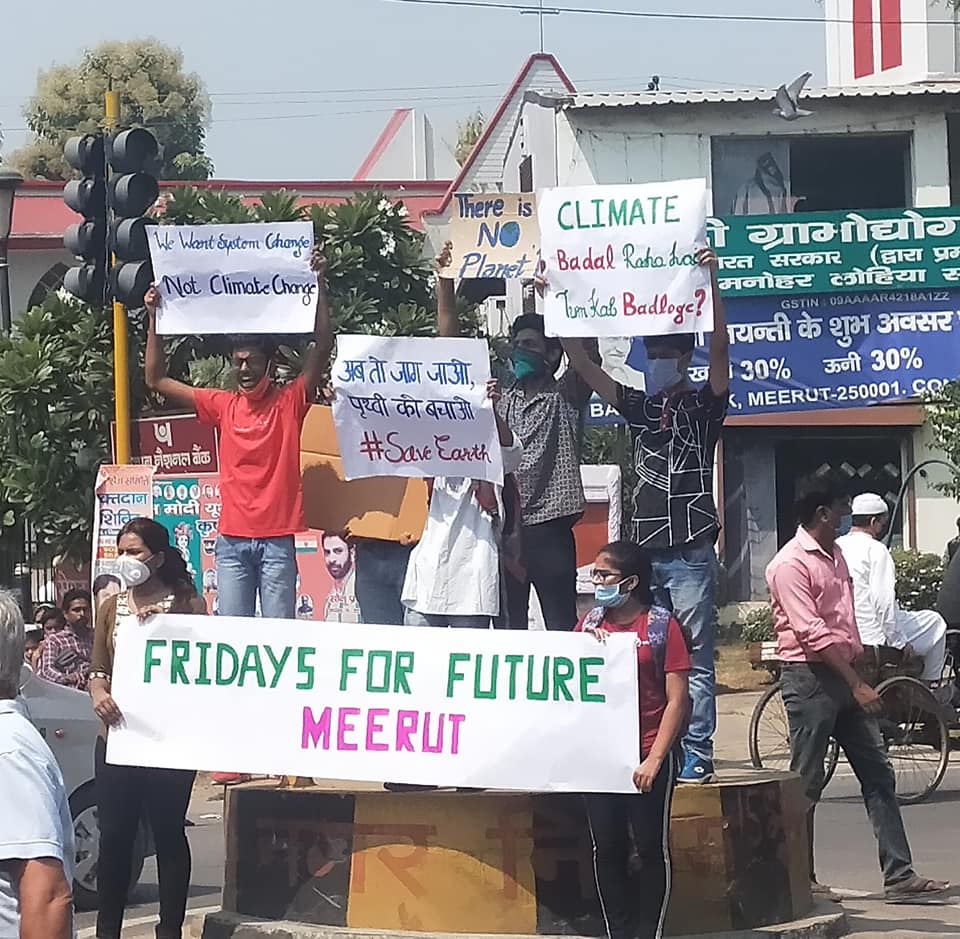
‘Bin Pani Sab Soon’, ‘Plastic Se Jung’, ‘Rakhsasutra’ to protect trees in the vicinity are some of the campaigns conducted by us. We started reusing waste milk packets to plant seeds due to a lack of financial resources, this would save the cost of buying saplings.
On January 24, 2021, we kickstarted the ‘Paani Ki Baat’ campaign to spread awareness on water conservation techniques to as many as 50 villages in the state. We are setting up ‘Jal Chaupals’ to initiate a dialogue on the depleting water bodies in and around their locality and to make use of traditional methods to revive dead sources.
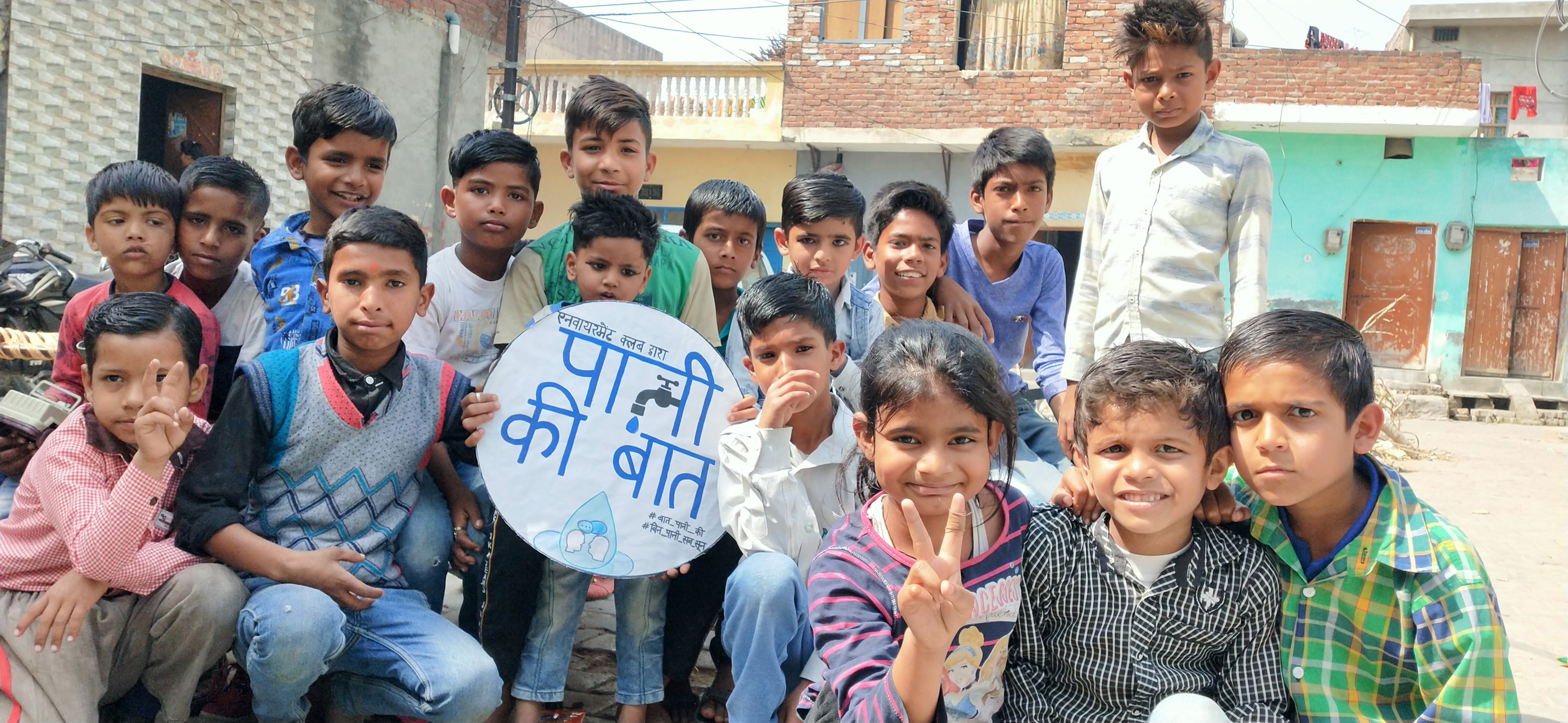
We are also helping the villager understand the impacts of such a phenomenon which is resulting in soaring temperatures, change in the natural landscape of places and its ill-effect on biodiversity.
During COVID-19 induced-restrictions, we have been conducting free webinars to help students grasp the significance of health and hygiene. During current circumstances, the idea to save water is of paramount importance because we have been reading and watching that there are countries where people are unable to get access to water to drink let alone washing hands several times a day.
Posted by Environment Club on Sunday, 24 January 2021


